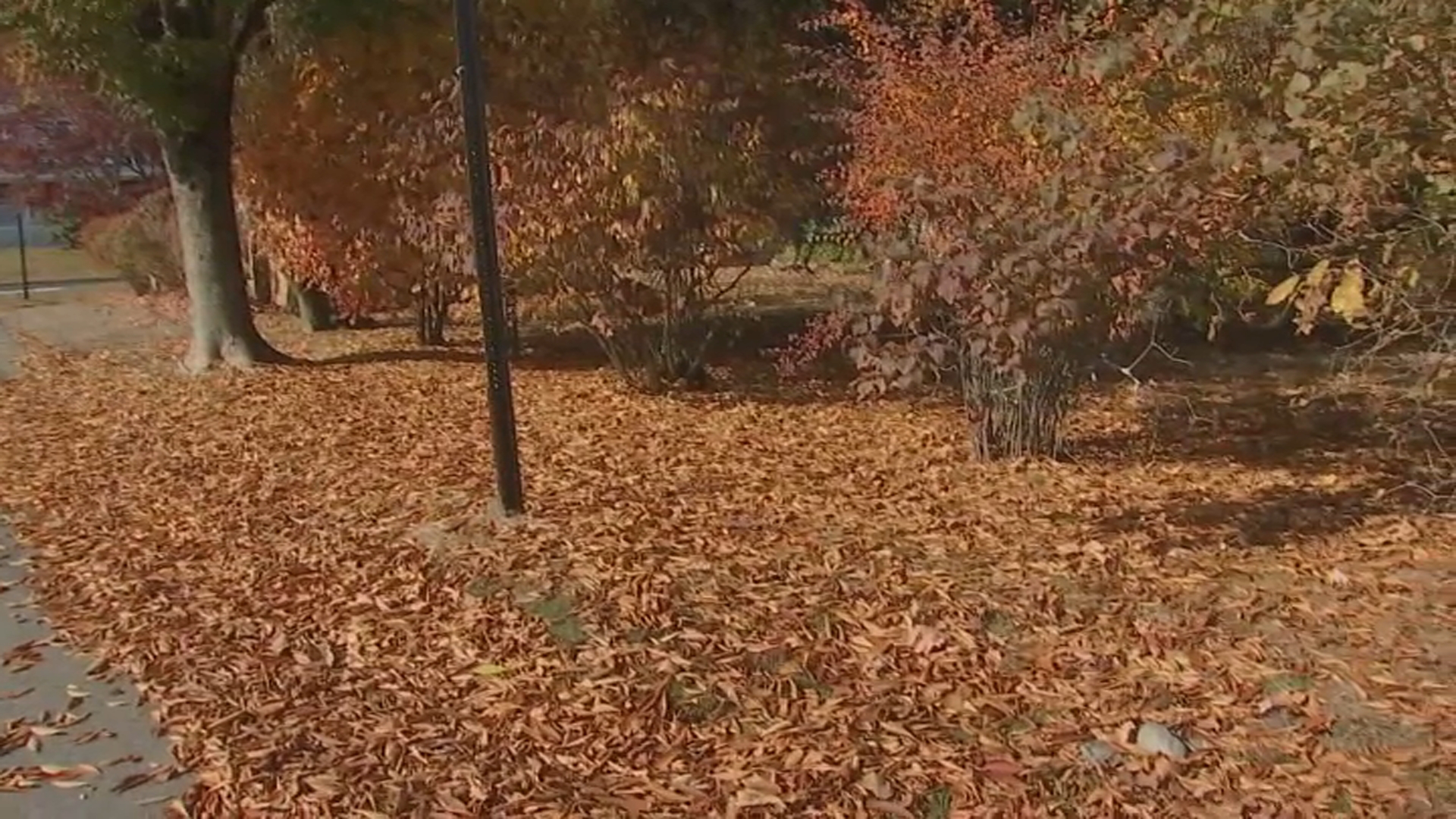At least four automakers are selling new vehicles that have potentially deadly Takata air bag inflators, according to a new Senate report.
Some Fiat Chrysler, Mitsubishi, Toyota and Volkswagen vehicles from the 2016 and 2017 model years are equipped with a type of inflator that is prone to rupture and presents a potential danger to drivers and passengers, Democrats on the Senate Commerce Committee said in the report issued Wednesday.
The problematic inflators contain ammonium nitrate, which can deteriorate over time when exposed to moisture and high temperatures. Takata Corp. has agreed to recall original equipment inflators that lack a chemical drying agent in phases by the end of 2018. So far, 17 car and truck companies are recalling as many as 69 million Takata inflators in the U.S. alone.
At least 11 people have been killed worldwide by Takata's inflators. Two other deaths in Malaysia are under investigation.
The new cars equipped with the inflators currently aren't under recall and can be sold legally. The National Highway Traffic Safety Administration has said that its tests show it takes at least six years for the inflators to deteriorate and become dangerous. But Sen. Bill Nelson of Florida, the committee's top Democrat, wants the automakers to replace the inflators before the cars are sold so they don't have to be recalled.
"Consumers are buying new cars not realizing that they're going to be recalled," Nelson said.
Mitsubishi and Volkswagen identified the new models that have Takata inflators without the drying agent. They include the 2016 Volkswagen CC, 2016 Audi TT, 2017 Audi R8, and the 2016 and 2017 Mitsubishi i-MiEV. Toyota and Fiat Chrysler did not specify models.
Local
In-depth news coverage of the Greater Boston Area.
According to the report, Toyota said it expects to make about 175,000 unspecified vehicles with defective Takata inflators from March 2016 to July 2017. Messages were left seeking comment from Toyota.
Fiat Chrysler has only one new model with the inflators, which spokesman Eric Mayne declined to identify. "These vehicles are not currently subject to recall. They meet or exceed all applicable safety requirements," Mayne said in an email.
The Democrats' report says completion rates for the Takata recall remain low. As of March, Honda led with almost 40 percent of inflators replaced, while Daimler Vans had completed only 0.4 percent.
The report also says that a majority of replacement inflators that have been installed, about 4.6 million, are made by Takata and use ammonium nitrate. At least 2.1 million of those don't have the drying agent and will have to be recalled again.
NHTSA has said there are 85 million unrecalled Takata inflators in U.S. vehicles, some with and some without the drying agent. Takata has until the end of 2019 to prove that inflators with the drying agent are safe, or they must be recalled as well.



